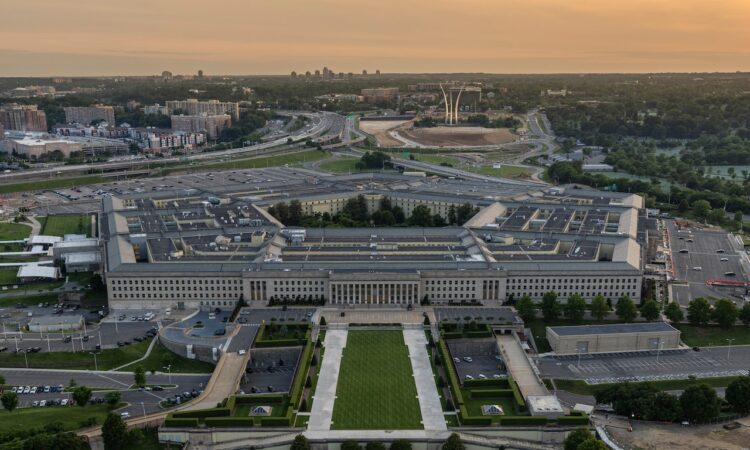Key Official Says Shutdown Would Damage National Defense > U.S. Department of Defense > Defense Department News

The Chinese army is not facing a shutdown nor is Russia shutting down its efforts to conquer Ukraine, and the U.S. Congress must take steps to avoid a government shutdown, Deputy Defense Secretary Kathleen Hicks said.
Congress must fund the government or pass a continuing resolution by the end of the fiscal year on Saturday to avoid a government shutdown Oct. 1.
“We need to avert any kind of effect that a shutdown could have, not just on the Defense Department but throughout the federal government,” Hicks said last week.
DOD leaders would like to see a full-funding bill passed, but Hicks said a continuing resolution would be preferable if a government shutdown can be avoided. A continuing resolution continues appropriations at the same level as the previous fiscal year for a certain amount of time.
“As bad as it could be to have a CR [continuing resolution] — which we always want to avoid — it would be even worse for the defense of the nation to have a shutdown,” Hicks said.
The government must close if there is a lapse in appropriations, but there are exceptions to that rule. During a government shutdown, DOD still must continue to defend and protect the United States and conduct on-going military operations.
DOD would continue activities funded by the Defense Working Capital Fund, a revolving fund that funds business-like DOD activities. These activities are in the Defense Logistics Agency, the Defense Information Systems Agency and the Defense Finance and Accounting Agency.
There are also excepted activities mostly centered around duties necessary for the safety of human life and the protection of government property.
“A shutdown would degrade and impact our operational planning and coordination, impact our more than 800,000 civilians, and severely diminish our ability to recruit and retain quality individuals for military service,” DOD officials said.
On the strategic level, a shutdown would play into the hands of U.S. competitors. A shutdown requires money, and it also requires money when the government starts up again — not to mention the lost time. “No amount of funding can make up for lost time,” the official said. “A shutdown impacts our ability to outcompete the PRC [People’s Republic of China] — it costs us time as well as money, and money can’t buy back time, especially for lost training events.”
On a practical level, a shutdown would have significant repercussions for military members and their families. Military personnel on active duty — including reserve component service members on active duty — will continue to report for duty and carry out assigned duties without pay. Most military permanent change of station moves will be halted.
Post and base services would be closed or limited. Elective surgeries and procedures in DOD medical and dental facilities are not excepted activities and these would have to be postponed.
The Defense Commissary Agency would close commissaries in the United States but would keep overseas facilities open.
DOD civilians, including military technicians, who are not necessary to carry out or support excepted activities would be furloughed. “Permanent change of station for civilian personnel will continue only to the extent expenses are chargeable to a funded PCS order issued prior to the funds lapse,” officials said.
Once a continuing resolution or appropriations act is signed, employees will be paid retroactively for unpaid hours worked and time charged as furlough as soon as feasible, officials said.
Active and reserve component service members will receive September’s end-of-month paychecks on Sept. 29. Military members cannot be paid during the lapse unless legislation is passed appropriating funds. “October[‘s] mid-month, military pay will be delayed if a continuing resolution or appropriation is not passed by Oct. 11,” officials said. “Leave and earnings statements will not be released.”
Military retirees and annuitants are not paid from appropriations, so their payments will continue as scheduled, officials said.






